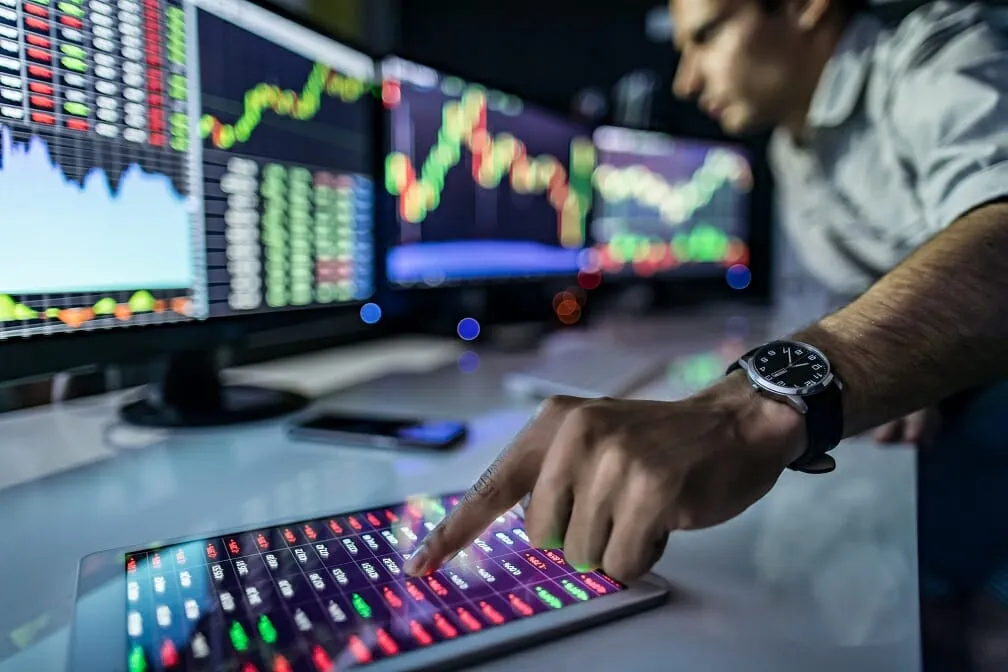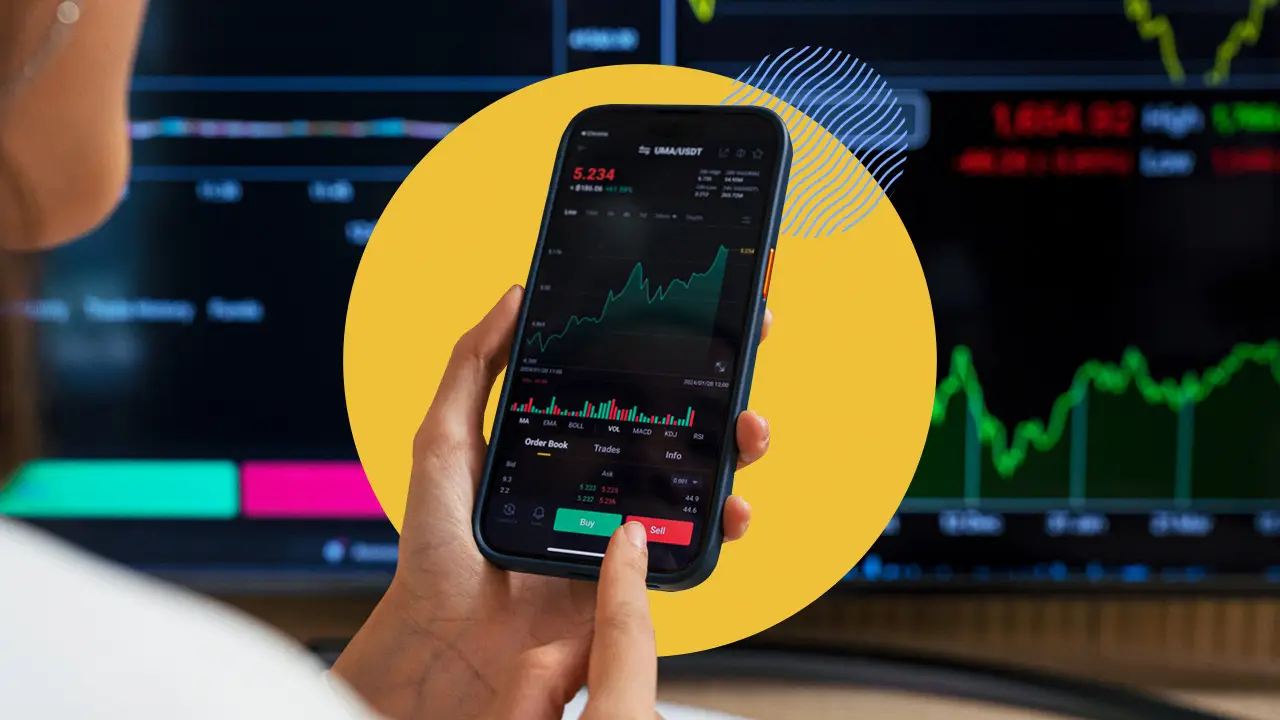Understanding the Role of Market Makers in Share Trading
Market makers ensure the markets have sufficient liquidity by consistently quoting prices to buy or sell financial instruments, drawing upon an understanding of supply and demand dynamics, market trends and economic indicators to make pricing decisions. Spreads between bid and ask prices add up over multiple trades to yield significant profits for market makers. Liquidity Market makers ensure there is enough liquidity available to investors during times of volatility by constantly quoting both bid and ask prices, providing someone who’s ready to buy or sell at any given moment. The…
Read More










